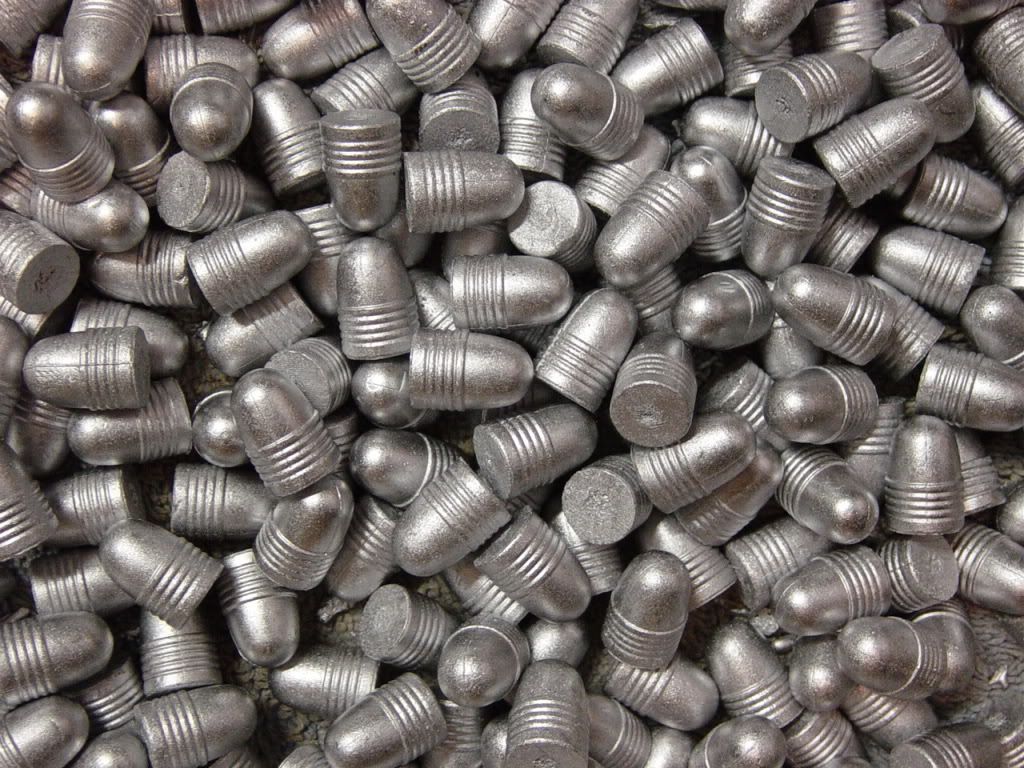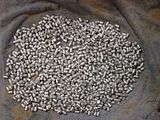In order to participate in the GunBroker Member forums, you must be logged in with your GunBroker.com account. Click the sign-in button at the top right of the forums page to get connected.
Bullet Casting
I ran out of 45 acp cast bullets so I cast some more today. It took me 3 hours, Heres the results, Only 1000+ from about thirty pounds of lead[img][/img]






Comments
GUN CONTROL: If you're not outraged, you're not paying attention!kimberkid@gunbroker.zzn.com
? otherwise, you'll find an excuse.
"...hit your enemy in the belly, and kick him when he is down, and boil his prisoners in oil- if you take any- and torture his women and children. Then people will keep clear of you..." -Admiral of the Fleet Lord Fisher, speaking at the Hague Peace Conference in 1899.
"...hit your enemy in the belly, and kick him when he is down, and boil his prisoners in oil- if you take any- and torture his women and children. Then people will keep clear of you..." -Admiral of the Fleet Lord Fisher, speaking at the Hague Peace Conference in 1899.